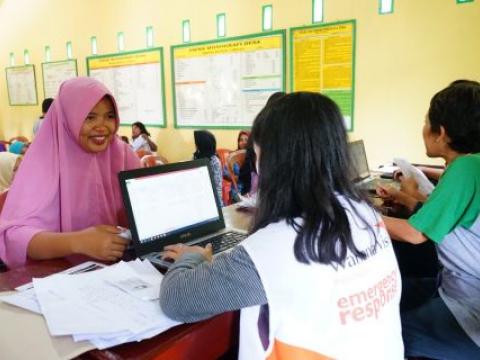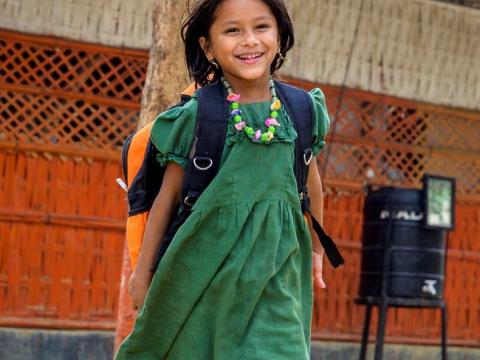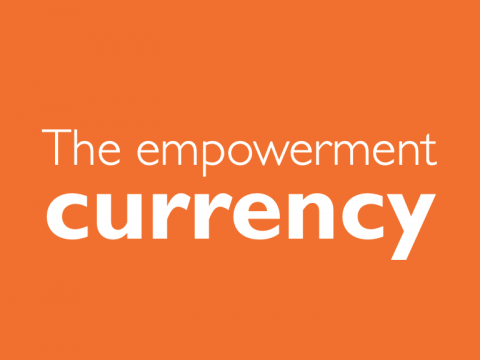Humanitarian Cash and Voucher Based Programming and Linkages to Social Protection
Download
Asfiani was pregnant when the 7.4 magnitude earthquake hit Central Sulawesi in Indonesia in late September 2018. She and her husband lost their home but not their lives in the disaster that killed 4,340, destroyed 70,000 homes and left tens of thousands of already vulnerable people internally displaced.
The couple were taken in by relatives but struggled to find food and healthcare in the aftermath of the disaster. Together with the provincial and national government World Vision and our partners worked to make sure life-saving emergency-response work was strengthened by pro-active humanitarian safety nets by linking to government-led social protection programmes with targeted financial transfers. This meant women like Asfiani were able to address their needs beyond basic survival.
This kind of social protection approach, involving a number of different stakeholders working together, has been explored for more than 13 years with lessons taken from Sierra Leone, Malawi, Turkey and Lebanon. What we saw after the Indonesian disaster helps us to learn even more about how to continually improve our humanitarian cash and voucher work.
We continue to see, sadly, a lack of coordination, parallel structures and inconsistent policy frameworks. This results in social protection interventions, failing to target the most vulnerable children. Lessons learnt include:
- Rapid coordination is critical
- We need to see a coherent framework of child rights-based standards, principles and indicators
- Humanitarian and social accountability mechanisms for rights-based approaches offer a real opportunity
- Planning and funding needs to be agile and less restricte

